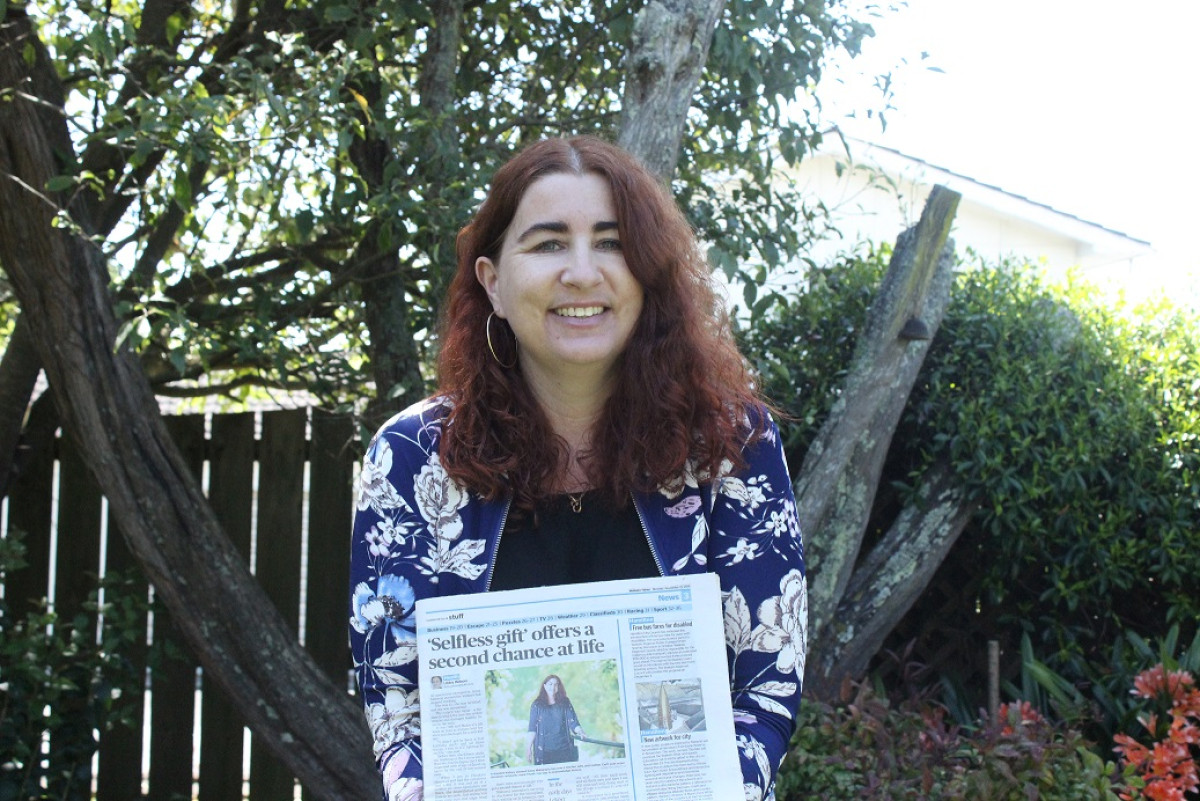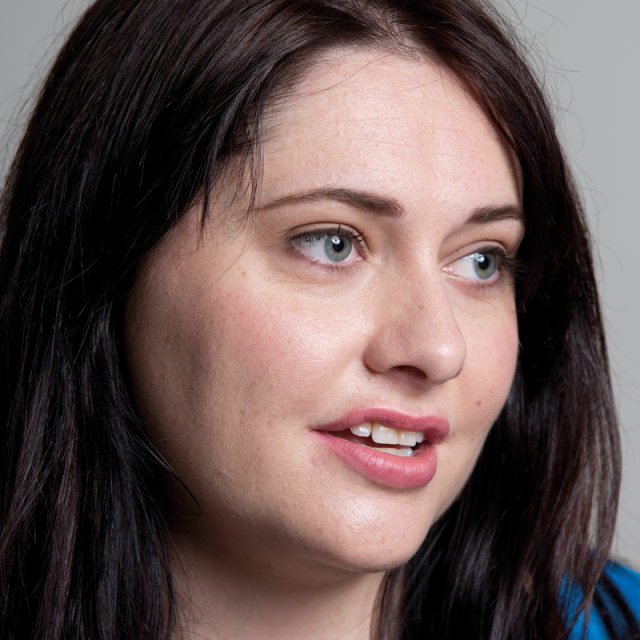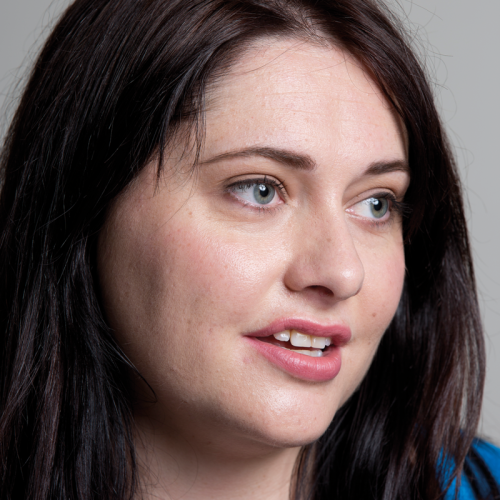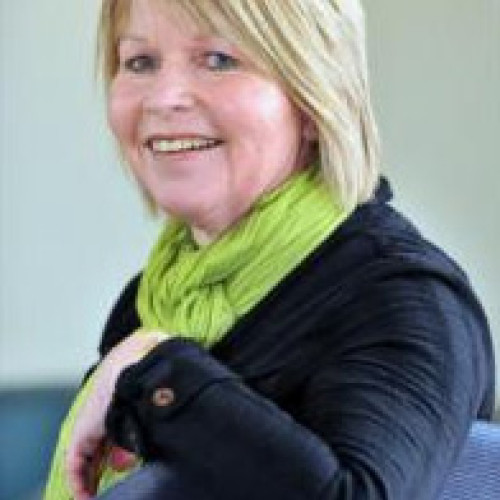National Kidney Month 2023
Organ Donation New Zealand and Kidney Health New Zealand want you to have THE Conversation this National Kidney Month
Donating an organ may not be your typical dinner table conversation, but Organ Donation New Zealand and Kidney Health New Zealand are hoping to change that.
March is National Kidney Month, and Organ Donation New Zealand together with Kidney Health New Zealand have joined forces to help raise awareness about the importance of kidney donation and encourage more New Zealanders to have a conversation about organ donation.
There are two types of kidney donation in New Zealand – Organ Donation New Zealand is the service responsible for deceased organ and tissue donation across Aotearoa, while Kidney Health New Zealand helps support live kidney donations.
Donor Coordinator for Organ Donation New Zealand, Sue Garland, says that whether you’re considering live donation or wanting to ensure that your organ donation wishes are considered after you die, it’s really important to talk about it with your loved ones.
Organ donation that occurs after someone has died is only possible in a small proportion of all deaths in New Zealand. However, when donation can occur, one donor has the potential to help up to ten people through the donation of organs and tissues.
“Our team at Organ Donation New Zealand are in awe of the graciousness and generosity of grieving whānau who consider the option of organ and tissue donation for a relative who is dying or who has died,” continues Sue.
“Their decision to donate organs and tissue saves and changes lives. In 2022 there were 63 organ donors. This resulted in 122 kidneys donated for the purpose of transplantation, which included four kidneys that were transplanted in combination with a pancreas.
“Many of these recipients who receive a transplant are on dialysis and leading lifestyles significantly impacted by their kidney disease. A person who receives a combined kidney and pancreas transplant is often younger with type one diabetes and kidney failure.
“As a donor coordinator it is a privilege to share with the donor family the impact the donation has had on grateful recipients. I recently spoke with a donor whānau and they expressed comfort in knowing their whānau member had made such a difference to other people’s lives.
Anna Maharaj had been on the donor waiting list for three years and was just 21 when she was offered a second chance at life.
“Unless you know someone who has received an organ then you probably aren’t talking about it,” says Anna.
“I felt extremely grateful to receive that phone call to say a kidney was available and a match. My new kidney is my lifeline – it’s given me 21 more years of life.
“I’ll be championing the cause and encouraging people to have the conversation for the rest of my life.”
Traci Stanbury, Acting General Manager of Kidney Health New Zealand, says organ donation is an invaluable act of kindness that can transform lives.
“People often assume that you can only donate a kidney following death but providing you and both your kidneys are in good health, you may be able to become a living donor and donate to someone in need. Whether it’s for a family member, friend or stranger - donating a kidney is an enormous decision and a true act of altruism."
March is National Kidney month with World Kidney Day being celebrated on March 9th.
There is no better time than right now to spark a conversation about organ donation and the impact that this could have on someone dependent on kidney dialysis or in need of a transplant.
Fast Facts
- There are approximately 600 people on the kidney donation waiting list in New Zealand
- Last year, 63 people donated organs follow death. This resulted in 122 kidneys donated for the purpose of transplantation.
--ENDS--
About Organ Donation New Zealand (ODNZ)
The National Office of Transplant Donor Coordination, as it was originally called, was established in 1987. It became Organ Donation New Zealand (ODNZ) in 2005.
In 2019, the statuary functions of organ donation were transferred to the New Zealand Blood Service and the ODNZ was integrated into its national organisation.
ODNZ provides a 24-hour, 7-days a week, clinical service for deceased organ and tissue donation to health professionals in hospitals throughout New Zealand. It works with those health professionals to ensure that processes for deceased donation are nationally consistent and meet the highest medical, ethical and legal standards.
ODNZ coordinates the process of donation which provides organs and tissues to transplant units in New Zealand and Australia and tissue banks in New Zealand. It also provides on-going support for donor families, education and training for healthcare professionals and accurate factual information to the public
About Kidney Health New Zealand
Founded in 1979 as a non-profit organisation, Kidney Health New Zealand relies on public contributions for support. The role is to:
- Provide education and support in the recognition of the symptoms of kidney disease.
- Provide resource information concerning the treatment and management of patients with kidney disease.
- Coordinate, advocate for and where possible, fund research into the prevention, early detection and cure of kidney disease.
- Promote the donation of kidneys and other organs and tissue for transplantation.
- Liaise with and support patient Support Groups.
For more information about live kidney donation visit www.kidney.health.nz or call 0800 LIVE DONOR – 0800 5483 36667.
For more information or interview opportunities, contact:
Brooks Alexander, Network Communication, 027 1800 3984, [email protected]



